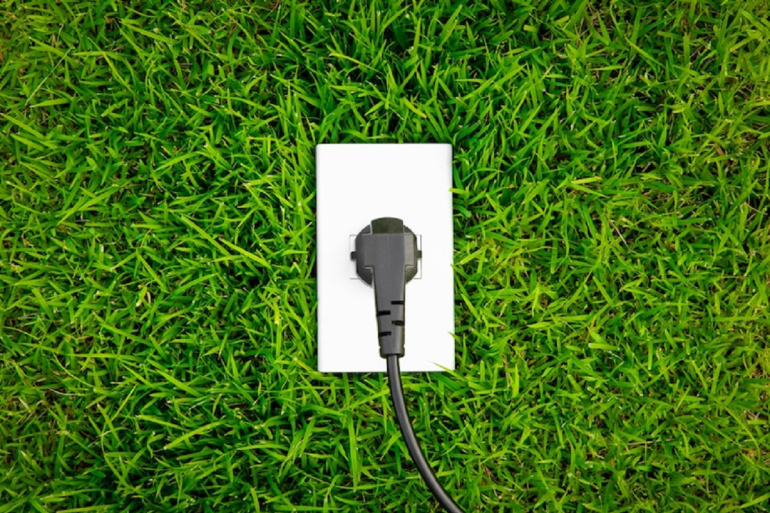About 1.3 million people in the Czech Republic had problems paying for energy last year, about 400,000 more than before the surge in energy prices caused mainly by the war in Ukraine, according to a study presented today by representatives of the Labour Ministry and NGOs.
The study showed that energy poverty has long been a problem in the country, particularly for single mothers, low-income families and seniors living alone.
The concept of energy poverty refers to those who cannot afford to heat their homes adequately, owe money to their energy supplier, or spend at least 20% of their income on energy bills, while also meeting the conditions of poverty. The study uses data from the Czech Statistical Office (CSU) on living conditions in Czech households.
Jan Klusacek, from the Za bydleni (For Housing) initiative, said that about 450,000 people could not afford to sufficiently heat their home, 180,000 had debts, and nearly one million met the indicator of high spending in 2023, according to CSU data.
There are roughly 4.5 million households in the Czech Republic, about 700,000 of which are affected by energy poverty, the study showed. Some 300,000 children and 400,000 elderly people were included in at least one of the three indicator categories.
Klusacek said the main groups affected by energy poverty are single mothers, poor families and single elderly women.
Czech NGOs Friends of the Earth and Platform for Social Housing also contributed to the study.
Tatiana Konradova, from the Ministry of Labour and Social Affairs, said that to address the problem, the ministry has launched a trial project of providing advice to 70 households on how to save energy, including renting more energy-efficient appliances.
She said it was crucial to communicate with people at risk, as they were usually socially excluded households, and in the case of the elderly, often not in contact with the mainstream social services network at all. “Most of our clients have some kind of negative experience with the authorities or institutions,” she noted.
Konradova said people often cannot understand their bills, do not know how to save money, and do not know the consumer market.
She said the project will continue for three years, and the ministry will extend it to hundreds of households. Plans also include working with labour offices and the Environment Ministry to make energy saving subsidies available to low-income households, energy providers to prevent debt, and private partners to arrange the rental or donation of appliances.
FB: About 1.3 million people in the Czech Republic had problems paying for energy last year, about 400,000 more than before the surge in energy prices caused mainly by the war in Ukraine, according to a study by the Labour Ministry and NGOs. The study showed that energy poverty has long been a problem in the country, particularly for single mothers, low-income families and seniors living alone.







